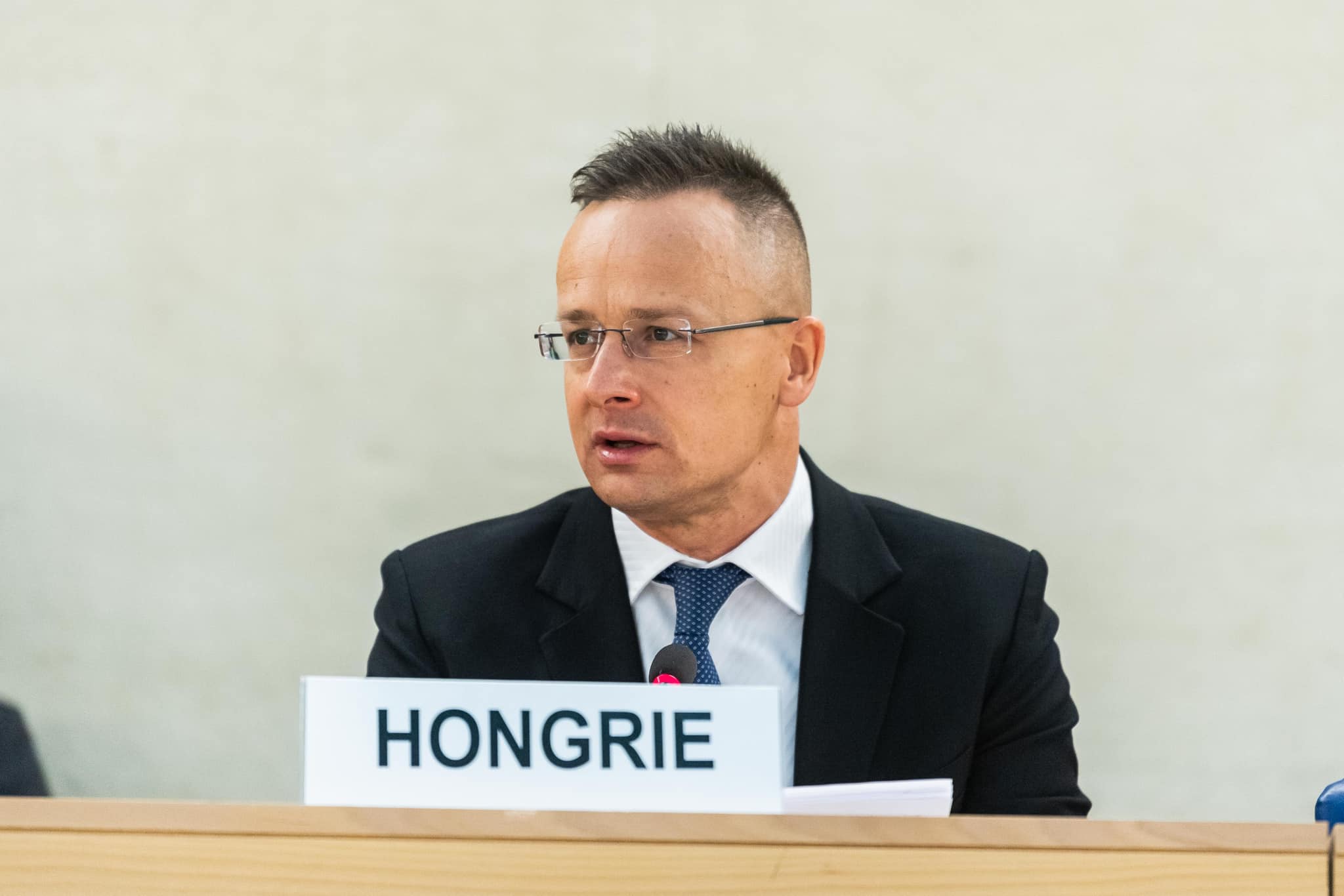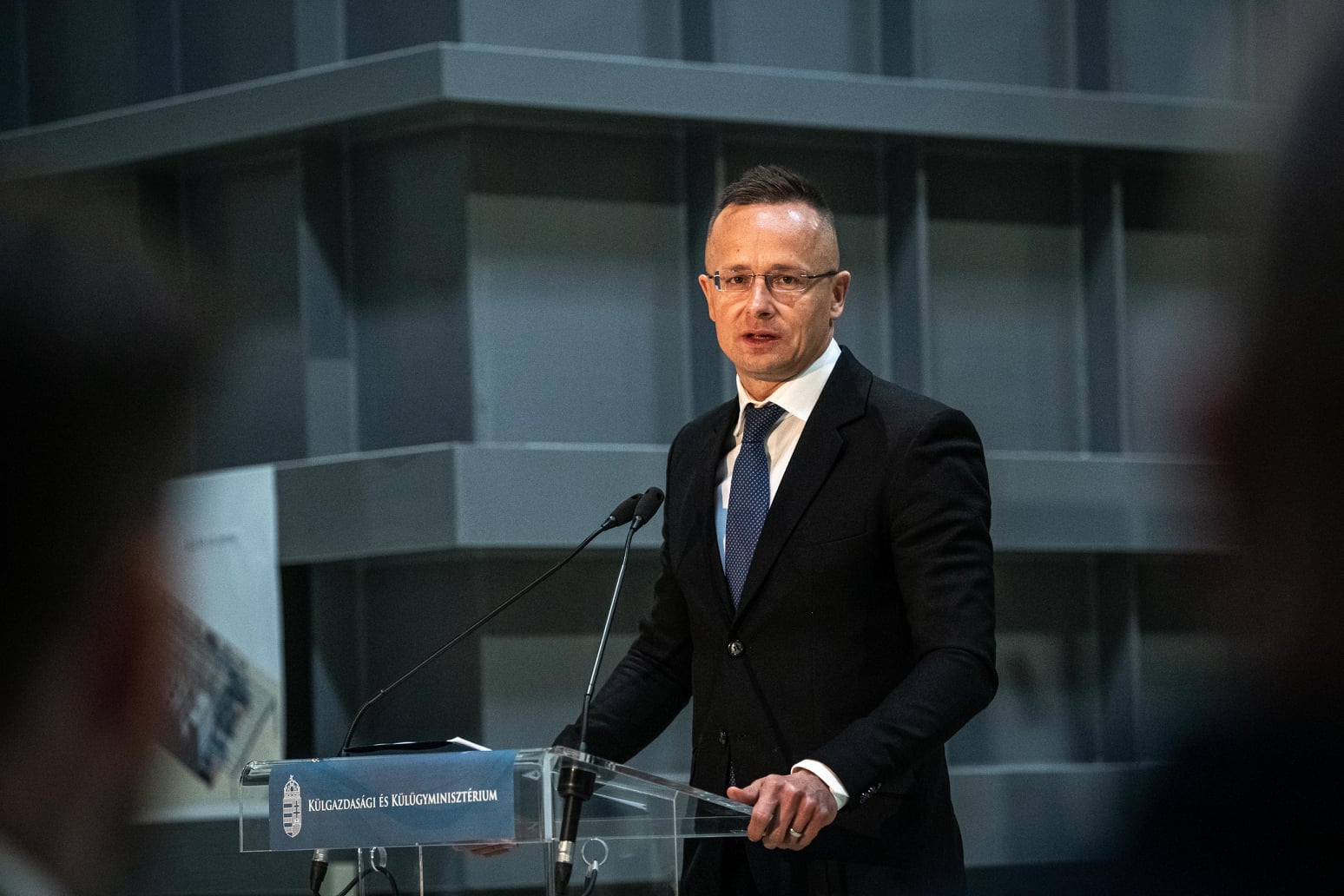
The directive would apply to companies with a turnover of at least 750 million euros a year. It will require the unanimous support of all 27 member states.Continue reading

Central Europe has the lowest corporate taxes in Europe thanks to its disciplined tax policy, but the introduction of a global minimum tax in Hungary would mean a significant tax increase and endanger “tens of thousands” of jobs, the Hungarian foreign minister said in an interview broadcast on public radio on Sunday.
This article was originally published on our sister-site, Ungarn Heute.
According to Péter Szijjártó, the global minimum corporate tax would put jobs at risk around the world, while companies would raise prices as their tax burden increases, creating further inflationary pressure.
The plan to roll out the global minimum corporate tax in Europe next year as the rest of the world sits back and watches, would put European companies at a competitive disadvantage, he said.
Szijjártó said there had been consultations with the United States at the ministerial level on the global minimum corporate tax, but he clarified that the Hungarian government could not support the introduction of such a tax. There is an agreement between U.S. Republican politicians and the Hungarian government that the lower the taxes on labor, the greater the potential for economic growth, Szijjártó added.
He also said that an economic crisis is looming in the wake of the war in Ukraine. The fact that the war in the neighboring country has been going on for more than 100 days is bad news for Hungarians, as it poses a constant threat to security – physically, economically, and in terms of energy costs and supplies. We all have an interest in seeing peace in Ukraine as soon as possible, but so far peace efforts have been unsuccessful, he said.
He reiterated that while Hungary has condemned the military aggression against Ukraine from the very beginning, stood up for the country, and launched a humanitarian campaign on an unprecedented scale, the Hungarian government has also taken the position that ensuring security for Hungary is the priority, that is, not being dragged into the war.
As a member of NATO, Hungary takes the stand that a direct conflict between NATO and Russia should not be allowed to come about, as the consequences would be “tragic,” he said.
He expressed hope that “common sense will prevail” at an upcoming NATO summit in Madrid, and that no decision would be made that would cause the conflict to escalate.
Szijjártó said the war has also plunged energy supplies into crisis, posing a physical risk and having serious implications for inflation. War inflation poses “incredible risks” to the economy, which is why it is in our interest to have peace, he said.
He noted that wartime inflation increases the burden on everyone. Manufacturing companies have high energy needs, and rising energy prices mean they face rising costs. If we also impose a global minimum tax on them, a large part of their activity will become impossible, and tens to hundreds of thousands of jobs will be at risk again, just like during the pandemic one and a half to two years ago, Szijjártó said.
Featured photo via Péter Szijjártó’s Facebook page